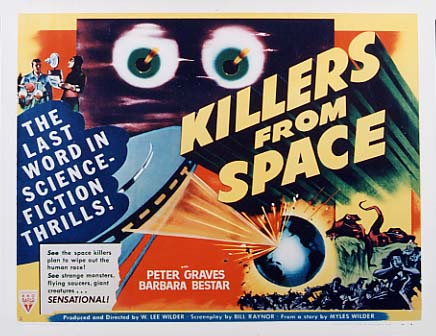 The opposite of "Big Brother" is embodied in the young, tech-savvy, politically-active citizens of Myanmar (formerly Burma), a country of about 48 million near China, where a military committee (a junta) rules by force.
The opposite of "Big Brother" is embodied in the young, tech-savvy, politically-active citizens of Myanmar (formerly Burma), a country of about 48 million near China, where a military committee (a junta) rules by force.In August, several hundred monks dressed in bright red began to protest when the government doubled fuel prices. When troops injured several of the monks, and no apology was made, outrage grew. Pro-democratic protesters joined with the monks. Last week, the number of protesters had grown to more than 100,000.
Though newspapers in Myanmar are either shut down or tightly controlled with propaganda, young computer-literate protesters have been capturing video and still photographs on their cell phones and spreading information about human rights violations despite their heavily-censored Internet access. Dedicated to working around censors, and dedicated to defying the military's propaganda, they have to be creative to get the truth out. Bloggers like this one have posted daily updates from their network of citizen journalists.
Or at least they were doing so until last Friday, when the government cut off the nation's Internet access. ISPs were shut down, cybercafes were closed, and even the government's Web site was down.
 In 1988, the Burmese junta quelled protests by killing several thousand people. Human rights activists say they fear a repeat of such violence could happen while the flow of news is slowed to a trickle. Reporters Without Borders says on its Web site, "The repression, with its dozens of deaths and hundreds if not thousands of arrests, is gaining pace, but the flow of news and information is drying up. The international community must take action to prevent this news blackout."
In 1988, the Burmese junta quelled protests by killing several thousand people. Human rights activists say they fear a repeat of such violence could happen while the flow of news is slowed to a trickle. Reporters Without Borders says on its Web site, "The repression, with its dozens of deaths and hundreds if not thousands of arrests, is gaining pace, but the flow of news and information is drying up. The international community must take action to prevent this news blackout."It is scary to think of such a crucial voice silenced. Human rights activism is certainly the most important social networking on the Internet. What nobler cause could there be?
'Big Brother' to the rescue?
According to a report by New Science, satellite images that can focus down to 1 pixel per meter are being used to document the protests and the military actions. Because the monks wear bright red, they are easily spotted from the sky.
 The hope is that if the military knows it is being watched by the international community, it will not repeat a massacre.
The hope is that if the military knows it is being watched by the international community, it will not repeat a massacre.I find it hard to articulate my appreciation of the overwhelming dichotomy of the uses of surveillance. Americans value their privacy; they know their human rights are not violated so long as they have it. George Orwell understood in a fictional, symbolic way how important privacy is to humans.
The monks value their visibility. They march until their feet cannot carry them anymore; they know their human rights will be violated until they can change the hearts of the soldiers and turn all eyes to their cause. They understand in a religious, symbolic way how important being heard is to humans.
Inspired Americans can add to their visibility and increase the strength of the social network by joining the Facebook group, or by wearing red at the solidarity protests being organized all over the world, or by contacting their elected lawmaker and urging them to promote policies that encourage Myanmar aid.
And we should join the cause. We have it easy... We can connect to each other without fear of arrest, and stand up against oppression in places Myanmar's military cannot reach. Really, what better way do we have to stick it to The Man? What could be more American?
Not silence... not silence.

